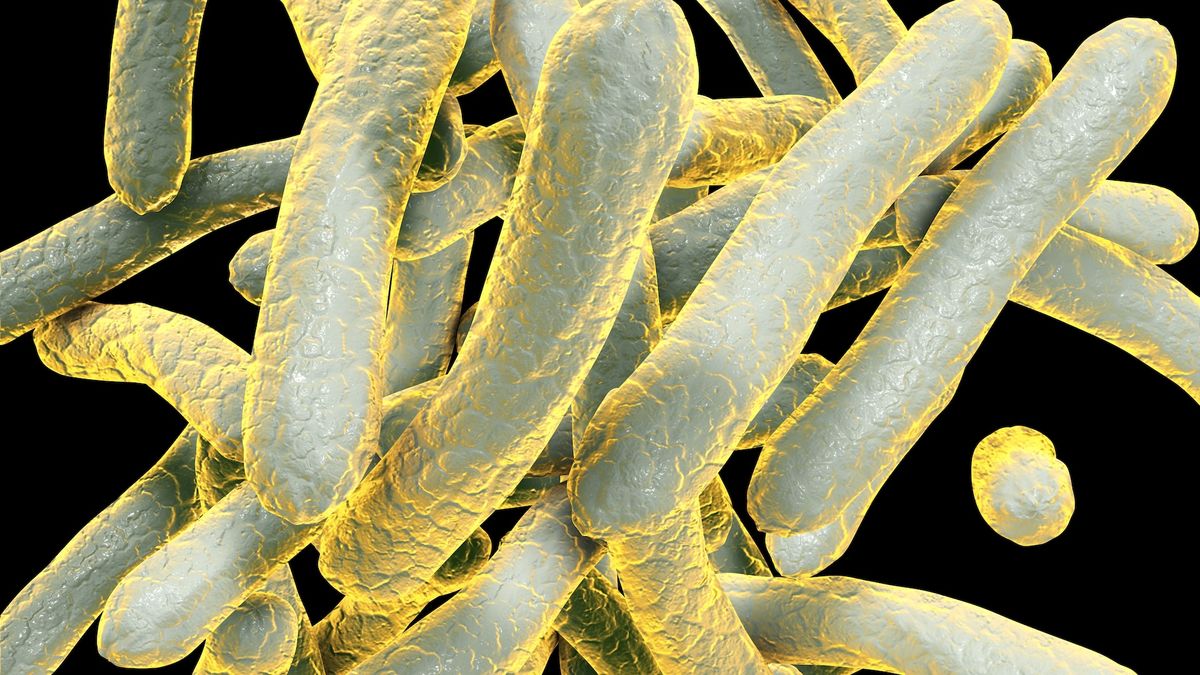Lily Lambie-Kiernan
McDonald’s superfan Donald Trump reclaimed the White House soon after vowing to “get toxic chemicals…out of our food supply” and “make America healthy again” (MAHA). How on earth did this junk-food junkie manage to woo voters concerned about the dangers of the American diet?
The Democrats almost certainly played a part. For decades, their position on our food system has reflected two contradictory impulses. The first, represented most publicly by Sen. Cory Booker (D-N.J.)—call it the Kale Caucus—seeks to rein in the ills of industrial agriculture and policies to support healthy eating. The other, embodied by Tom Vilsack, the former Iowa governor who ran the Department of Agriculture during the Obama and Biden administrations, favors the status quo.
Rather than pushing food production in a healthier direction, Kennedy’s ascent could bolster the status quo.
The Kale Caucus won some cultural cachet, but it never built enough clout to challenge the hegemony of the Vilsackian Agribusiness Brigade. This power imbalance has created a void through which Robert F. Kennedy Jr. has barreled, seizing the banner as the nation’s predominant food system critic.
Now that Trump has tapped him to lead the Department of Health and Human Services, my fear is that Kennedy’s reckless anti-vaccine stances, conspiracy theorizing, and love of some of the internet’s most unhinged “wellness” bunkum will make legitimate critiques of the ways we grow and process food appear equally crackpot—affirming a narrative that Big Ag and Big Food have promoted for decades. In this way, rather than pushing food production in a healthier direction, Kennedy’s ascent could bolster the status quo.
Vilsack, while careful to pay lip service to the virtues of healthy eating and environmentally conscious farming, supported an entrenched system wherein the federal government pumps billions of dollars in subsidies to ever-larger farms that produce titanic amounts of pesticide-goosed corn and soybeans. He said little about the resulting erosion and water pollution in the Midwest, and even less about the poor quality of the foods engendered by overproduction of these crops. More than half of the calories we consume come from these foods, which have been linked with diabetes and high blood pressure—conditions that affect nearly half of American adults.
Booker spent much of the Biden years pushing against these trends but, in a shift few saw coming, his Kale Caucus was utterly drowned out by Kennedy’s MAHA movement. During Kennedy’s brief presidential bid and subsequent alliance with Trump, he joined forces with fringe alternative medicine enthusiasts and wellness influencers to deliver fair critiques of the food system amid lots of conspiratorial nonsense about vaccines, infectious diseases, and fluoride. Joe Biden and Kamala Harris, meanwhile, largely ignored food-system issues.
Perhaps Democrats feared that taking on Big Ag would cost them votes in farm country. But here’s what they might be missing: During the last competitive Democratic primary, in 2020, candidates Sen. Elizabeth Warren (D-Mass.) and Sen. Bernie Sanders (I-Vt.) vowed to break up the seed, pesticide, and meat conglomerates that dominate US agriculture, and push farm policy away from blind support for commodity-crop production. This agenda seemed to resonate with Democrats in the quintessential rural state, Iowa. Together, Sanders and Warren claimed nearly half of Iowa’s delegates—more than three times the haul of Biden, whose gentler approach to corporate farming was in line with the wisdom of Vilsack, his top rural adviser, who’d told one podcaster that the bust-’em-up approach wasn’t a “winning message” because of the “substantial number of people hired and employed by those businesses here in Iowa.” (In reality, Big Ag generates big money, but it’s so mechanized that it sustains relatively few jobs.)
Big Ag generates big money, but it’s so mechanized that it sustains relatively few jobs.
Vilsack may have miscalculated. Trump beat Biden by 8 percentage points in Iowa that year—even though Obama had won the state handily in 2008. In 2024, Trump’s bear hug of the agribusiness-hating Kennedy didn’t stop him from increasing his margin to 13 points. Toeing the agribusiness line by no means guarantees political success in Iowa.
The next time Democratic leaders court food-focused voters, maybe they should ignore Vilsack’s counsel in favor of Booker’s. “We need to refocus federal incentives so that they are targeted to farmers growing fruits and vegetables” and start investing a lot more in local and regional food systems, Booker told me in an email. “I believe this is an example of where good policy would also be good politics.”















